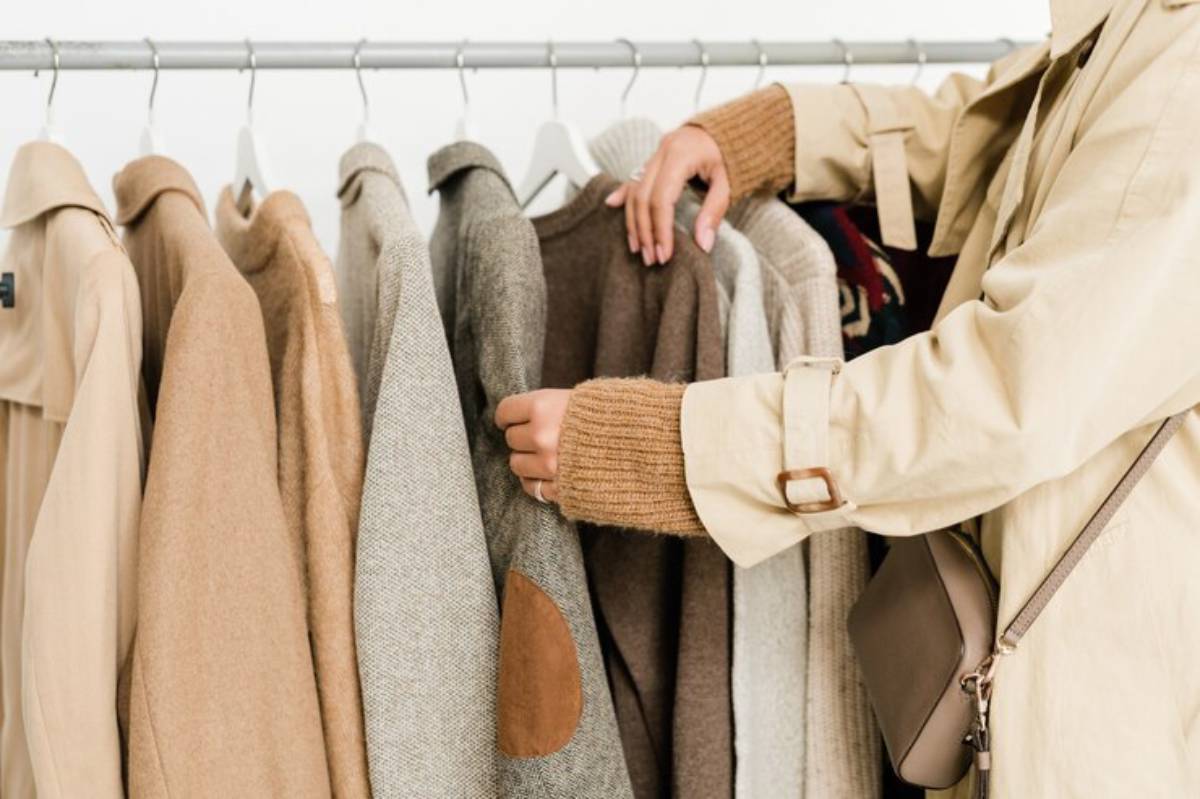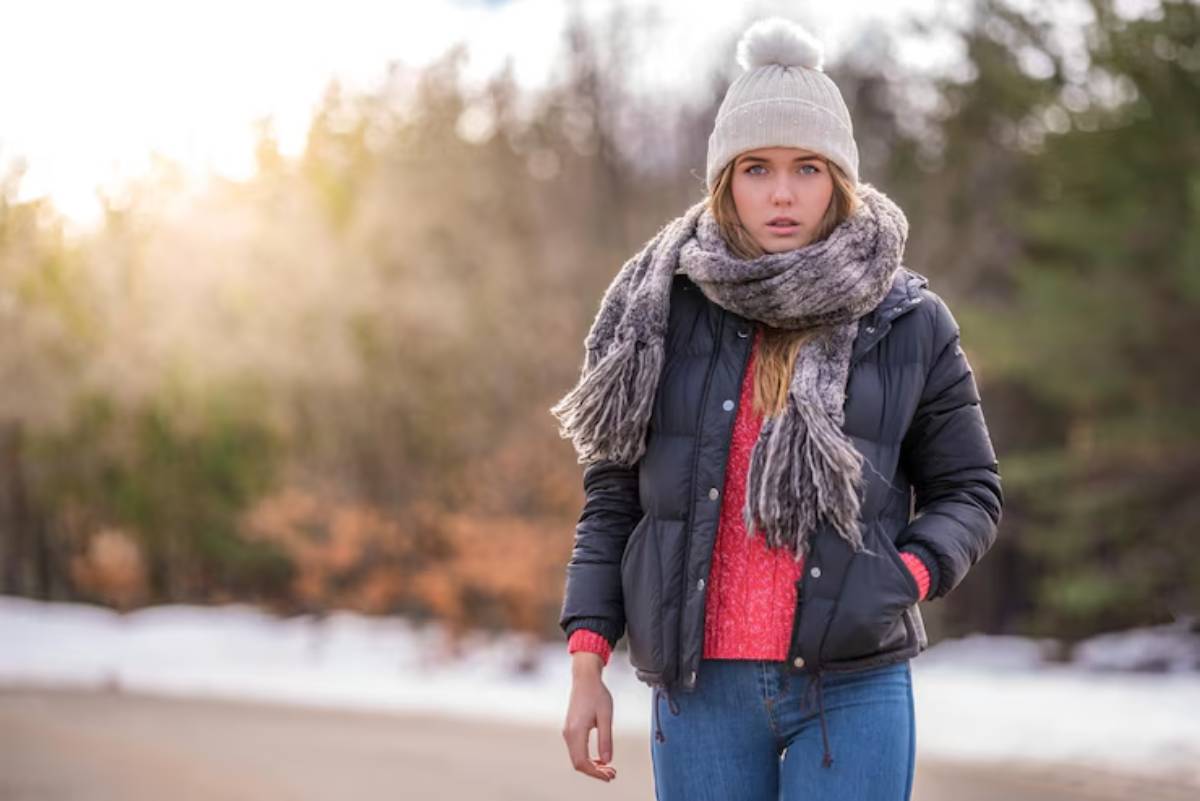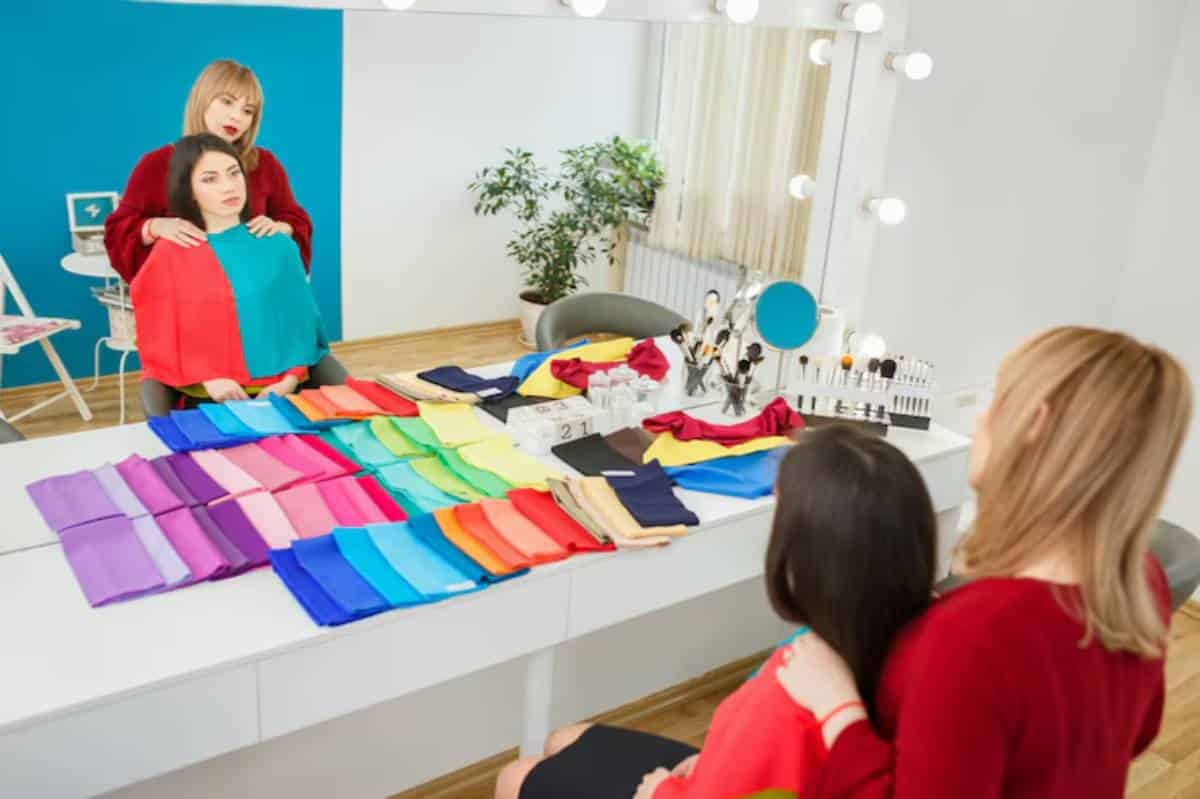
Light Layers for Unpredictable Weather
Dressing for the In-Between
There’s nothing quite as confusing as transitional weather. One minute, the sun is out and you’re sweating through your T-shirt. Next, there’s a chilly breeze and you’re scrambling for a jumper. Sound familiar?
Welcome to the unpredictable beauty of seasonal shifts. Whether you’re navigating the bridge between winter and spring or summer to autumn, knowing how to master light layering can save your look — and your comfort. The goal? Stylish flexibility that doesn’t leave you freezing at 9 AM or overheating by 2 PM.
In this guide, we’ll explore the ins and outs of transitional dressing. You’ll learn how to mix and match fabrics, layer without bulk, and create go-to seasonal outfit ideas that work across a range of temperatures and occasions.
Grab your favourite lightweight jacket and let’s get started.
Why Light Layering Is a Wardrobe Superpower
Flexibility Meets Fashion
Layering isn’t just about staying warm — it’s about adapting.
With the right layers:
- You can add or remove pieces as temperatures shift.
- You’ll get more mileage out of your clothes year-round.
- You create stylish dimensions, adding depth and interest to simple outfits.
When done right, light layering feels effortless. It gives you options, boosts your confidence, and looks great on everyone.
The Golden Rules of Light Layering

Rule #1: Start with Breathable Basics
Every great outfit begins with the right base.
Opt for:
- Cotton or modal T-shirts
- Lightweight ribbed vests
- Button-downs or soft blouses
These pieces sit closest to your skin and need to be both breathable and easy to pair.
Rule #2: Think in Layers of Three
You don’t need five pieces to look polished.
Just follow the simple layering trio:
- Base: Breathable and close-fitting
- Middle: For shape and texture (cardigans, overshirts, thin jumpers)
- Top: The protective shell (blazer, trench, light jacket)
This keeps your look cohesive without becoming bulky.
Rule #3: Mix Textures, Not Just Colours
Layering different materials adds sophistication.
Try:
- Linen + knit
- Cotton + denim
- Jersey + faux leather
These combos create visual depth and help regulate temperature.
Best Fabrics for Light Layering
Choose fabrics that are light but functional:
- Cotton: Natural, breathable, everyday friendly.
- Linen: Airy and perfect for humid weather.
- Tencel/Modal: Silky, soft, and sustainable.
- Merino Wool: Lightweight insulation for cooler days.
- Jersey: Stretchy and forgiving, perfect for casual days.
Avoid thick wool, heavy synthetics, or bulky acrylics in transitional seasons unless used very sparingly.
Key Light Layering Pieces to Own
Your capsule wardrobe for unpredictable weather should include:
Tops
- Fitted long-sleeve T-shirts
- Breathable blouses
- Classic striped or plain button-downs
- Soft knits or ribbed cardigans
Outer Layers
- Denim jackets
- Oversized blazers
- Linen or cotton trench coats
- Sleeveless gilets or utility vests
Bottoms
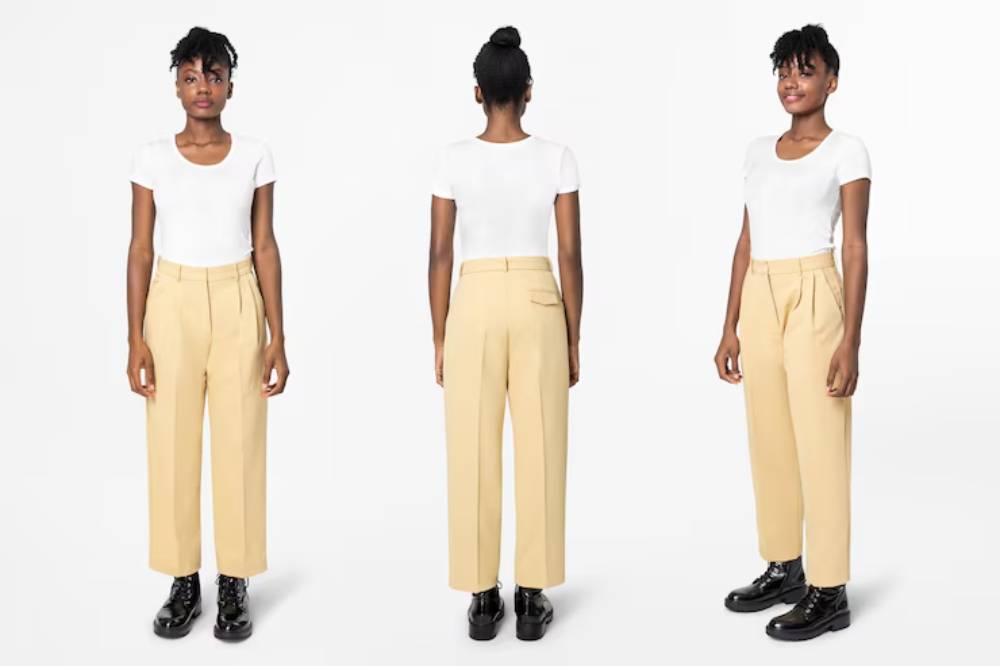
- Cropped trousers
- Midi skirts
- High-waist jeans
- Tailored joggers
Extras
- Silk or cotton scarves
- Bucket hats or baseball caps
- Lightweight wraps or ponchos
Seasonal Outfit Ideas for Light Layering
Let’s break it down by season. These looks help you transition like a pro.
Spring: From Frost to Fresh Air
- Outfit 1: Long-sleeve cotton tee + midi skirt + denim jacket + white trainers
- Outfit 2: Lightweight jumper + jeans + floral scarf + trench coat
- Outfit 3: Short-sleeve shirt + high-waist culottes + cropped cardigan
Summer Evenings: Breezy but Brisk
- Outfit 1: Camisole top + wide-leg trousers + linen blazer
- Outfit 2: Sleeveless maxi dress + light wrap + strappy sandals
- Outfit 3: Tank top + denim skirt + utility vest + espadrilles
Autumn: Crisp and Cosy
- Outfit 1: Ribbed turtleneck + pleated skirt + leather jacket + ankle boots
- Outfit 2: Jersey tee + cropped trousers + overshirt + canvas trainers
- Outfit 3: Long blouse + knit waistcoat + flared jeans
Winter Transition: Not Yet Frozen
- Outfit 1: Base thermal + cable-knit jumper + lightweight puffer vest
- Outfit 2: Cotton shirt + fleece hoodie + water-resistant parka
- Outfit 3: Roll-neck + longline cardigan + structured wool coat
How to Accessorise Light Layers
Accessories can make or break a layered look. Here’s how to level up:
Scarves
Choose thin, oversized scarves that can double as shawls. Lightweight wool, cotton, or cashmere works well.
Belts
Use a belt over cardigans or blazers to define your waist and add structure.
Bags
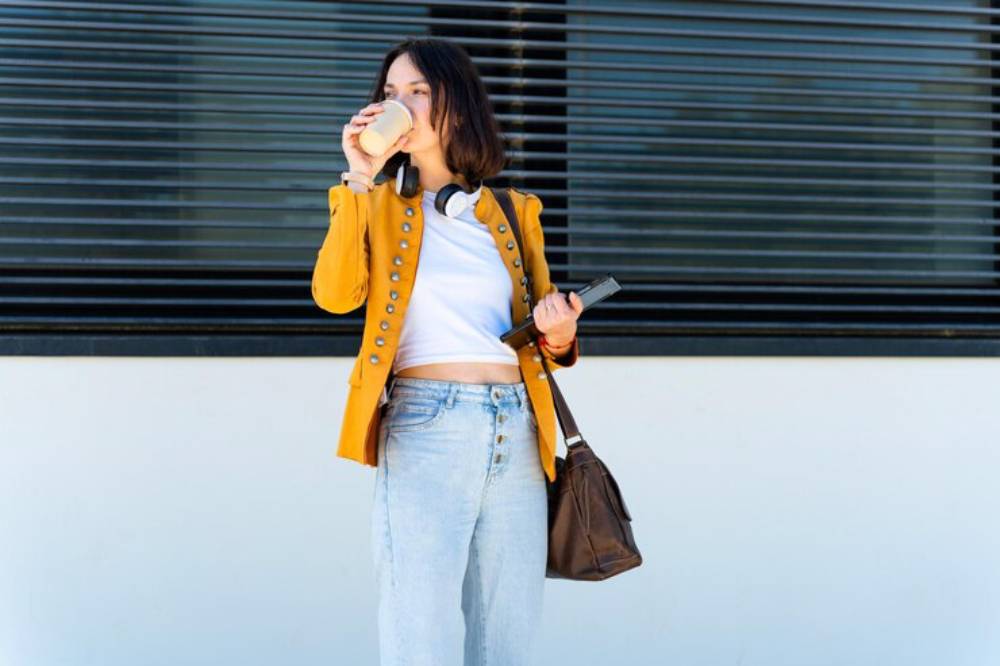
Crossbody bags or minimalist backpacks keep things easy and unfussy.
Jewellery
Layered necklaces or bold hoops draw the eye and elevate simple layers.
Hats
Bucket hats are worn in spring, and felt hats are worn in autumn. Perfect blend of form and function.
Common Mistakes to Avoid
Even seasoned fashionistas slip up.
Avoid these layering pitfalls:
- Too many bulky pieces: Stick to one oversized item per outfit.
- Neglecting proportion: Balance a loose top with fitted bottoms (and vice versa).
- Ignoring colour coordination: Stick to a complementary palette.
- Overheating fabrics: Avoid wool or polyester blends unless it’s cold enough.
- Mixing too many prints: Limit yourself to one print per outfit for simplicity.
Smart Shopping Tips for Light Layers
Build Your Layering Arsenal on a Budget
You don’t need to spend a fortune to layer like a pro:
- Thrift shops: Excellent for oversized blazers, button-downs, and scarves.
- Sales racks: Look for out-of-season deals.
- Capsule collections: Invest in versatile pieces you can wear in multiple ways.
- Neutral colours: Easier to mix and match.
Versatility is the secret to a smart wardrobe.
Travel Packing: Light Layers for Every Climate
Going on a trip during a changeable season?
Here’s a light layering travel checklist:
- 2 basic tees
- 1 button-up shirt
- 1 light knit jumper
- 1 weather-proof jacket
- 1 pair of jeans
- 1 skirt or loose trousers
- 1 scarf
- 1 pair of trainers
- 1 pair of sandals or boots (depending on the season)
Stick to a consistent colour scheme so all items work together.
Sustainable Layering Choices
Want to stay stylish and responsible?
- Shop second-hand instead of buying new.
- Choose organic cotton, Tencel, or bamboo fabrics.
- Support ethical brands with transparent sourcing.
- Avoid fast fashion impulse buys for “trendy” pieces.
- Care for your clothes to make them last longer.
The most sustainable outfit is the one you already own.
Real-Life Style Stories
“I Used to Freeze in Spring Mornings”
Jess, 32, London
“I always dressed for the afternoon heat and ended up shivering during my morning commute. Once I learnt how to layer with thin cotton jumpers and trench coats, everything changed. Now, I look polished and feel comfortable all day.”
“From Overpacking to Capsule Queen”
Emily, 28, Manchester
“My suitcase used to be stuffed when travelling during seasonal changes. I followed a guide like this one and finally understood that light layering meant fewer items with more options. Now I never travel without my striped tee and linen blazer.”
Conclusion: Confidence Comes in Layers
There’s no denying it: transitional dressing can be a headache. But with a little planning and creativity, it becomes your style secret weapon.
By embracing light layering, you gain:
- Flexibility to dress for any weather
- Comfort without compromising on style
- A streamlined wardrobe that works year-round
So whether you’re chasing spring sunshine or dodging autumn winds, you’ve got this. Style doesn’t have to mean stress. Just layer smart, stay comfy, and wear it with confidence.
Ready to Layer Like a Pro?
We want to hear your favourite go-to layers! Leave a comment below, or tag us on social media with your best transitional outfits. Don’t forget to bookmark this guide and share it with your fellow fashion lovers!
